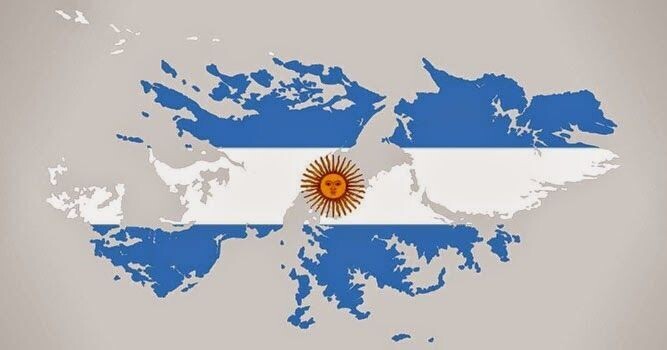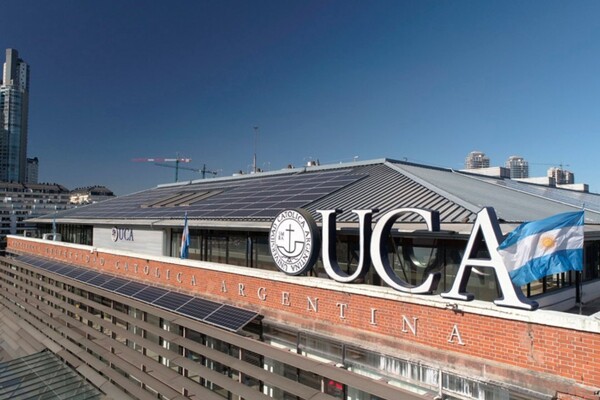
The potential appointment of Fernando Iglesias as Argentina's ambassador to the European Union has reignited the debate over the state policy regarding the Falkland Islands (Malvinas).
On one hand, this is a geopolitical opportunity: on the eve of key trade definitions between the EU and Mercosur, the government is seeking a high-profile representative in Brussels to reposition Argentine interests. On the other, it's about strategic coherence: the expectation that any ambassador will firmly defend the country's historical line on the Falklands, without ambiguities or nuances that London could exploit in international forums.
This regulatory and political framework is what the Ministry of Foreign Affairs invokes to reject self-determination in this particular case and, instead, uphold the principle of territorial integrity. The nomination of Iglesias, therefore, creates tension between these two planes.
These recurring quotes fuel the criticism of those who fear that his candidacy could introduce a dissonance in the diplomatic strategy. The official Argentine position—sustained by different governments as a state policy—is based on UN General Assembly Resolution 2065 (XX), which recognizes the existence of a sovereignty dispute with the United Kingdom and urges both parties to negotiate "without delay," taking into account the interests (which are not to be confused with desires) of the island's inhabitants.
Year after year, the Special Committee on Decolonization (C24) reiterates that mandate, and more recently, the Organization of American States unanimously reaffirmed the call for dialogue. The eventual confirmation of Iglesias as ambassador will be read, both inside and outside the country, in the light of that standard: the consistency between diplomatic representation and the state policy on the Falklands.
For critics, the historical record is heavy; for defenders of the appointment, the challenge is to demonstrate that the foreign service adheres to the script of state policy, beyond past opinions. The discussion also puts the focus back on the legal standard guiding the Falklands issue.
In particular, his public positions from 2012 have been cited, when he was part of a group of intellectuals that promoted an "alternative vision" of the Falklands, with an emphasis on the will of the current inhabitants of the archipelago. That intervention placed Iglesias at the center of a thorny debate: the applicability—or not—of the principle of self-determination to a territory whose population was transplanted by the occupying power after the usurpation of 1833.
Among them, the passage that summarized the spirit of the document: "Respecting their way of life […] implies abdicating the intention to impose on them a sovereignty, a citizenship, and a government that they do not desire."













